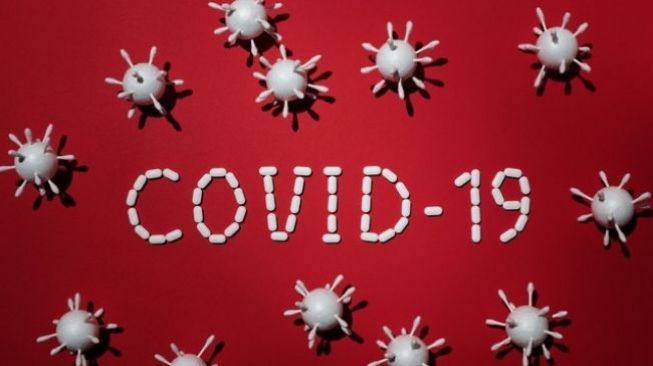<!–
Suara.com – Along with the spread corona virus increasingly widespread and massive, scientists in Houston, USA, found that the corona virus (SAR-CoV2) has been mutating continuously. And this is thought to make the virus more contagious than before.
In a study released last week, scientists exposed 5,000 genetic sequences for the coronavirus that show a persistent accumulation of viral mutations, one of which may be making them even more contagious.
However, the new report did not find that these mutations made the virus more lethal or changed clinical outcomes. All viruses accumulate genetic mutations, and most are insignificant, say the scientists, as reported by the Washington Post, quoted from Antara.
Corona viruses such as SARS-CoV-2 are relatively stable as they spread, because they have a self-correcting mechanism as they replicate. However, each mutation has many possibilities, and with transmission so widespread in the United States — with tens of thousands of new infections increasing every day — the virus has many opportunities to change, potentially with disastrous consequences, the study said.
The new study, which has not yet been peer reviewed, has been uploaded to MedRxiv. This appears to be the largest single aggregation of viral genetic sequences in the United States so far.
A larger set of sequences was published earlier this month by scientists in the UK, and, like the Houston study, concluded that mutations that alter the structure of the “protein spike” on the surface of the virus may be driving the spread too large.
David Morens, a virologist at the National Institute of Allergy and Infectious Diseases (NIAID), reviewed the new study and said the findings suggest a strong possibility that the virus, as it has moved through the population, becomes more contagious, and this “may have implications for scientists’ ability to control it. “
Morens notes that this is a single study, and “you don’t want to over-interpret what this means.” But the virus, he said, has the potential to respond – through random mutations – to interventions such as wearing masks and social distancing.
“Wearing a mask, washing hands, those are all barriers to transmission, but as the virus becomes more contagious, it is statistically better to increase those barriers,” said Morens, senior adviser to Anthony S. Fauci, director of NIAID.
Of course this has implications for vaccine formulations, said Morens. When people acquire immunity, either through infection or vaccines, the virus can come under selective pressure to evade the human immune response.
“Even though we don’t know yet, there is still a possibility that this coronavirus, when our population level immunity is high enough, it will find a way to circumvent our immunity,” said Morens.
“If that happened, we would be in the same situation as the flu. We have to catch up with the virus and, when the virus mutates, we have to tinker with our vaccine, “he continued.
Peter Thielen, molecular biologist at the Johns Hopkins University Applied Physics Laboratory, said scientists need to continue studying the virus to see if the new mutations identified by the Houston researchers altered the virus’s ‘vigor’, and whether SARS-CoV -2 transmission actually increased as a result. the result of this mutation.
In Houston, researchers clustered patterns the spread of the corona virus, where they found a different pattern of spread from when the virus first infected city dwellers to the present day. The first wave, the virus only affects the upper class (rich) and older, while the second wave starts to affect a lot of young people and low income.
–


